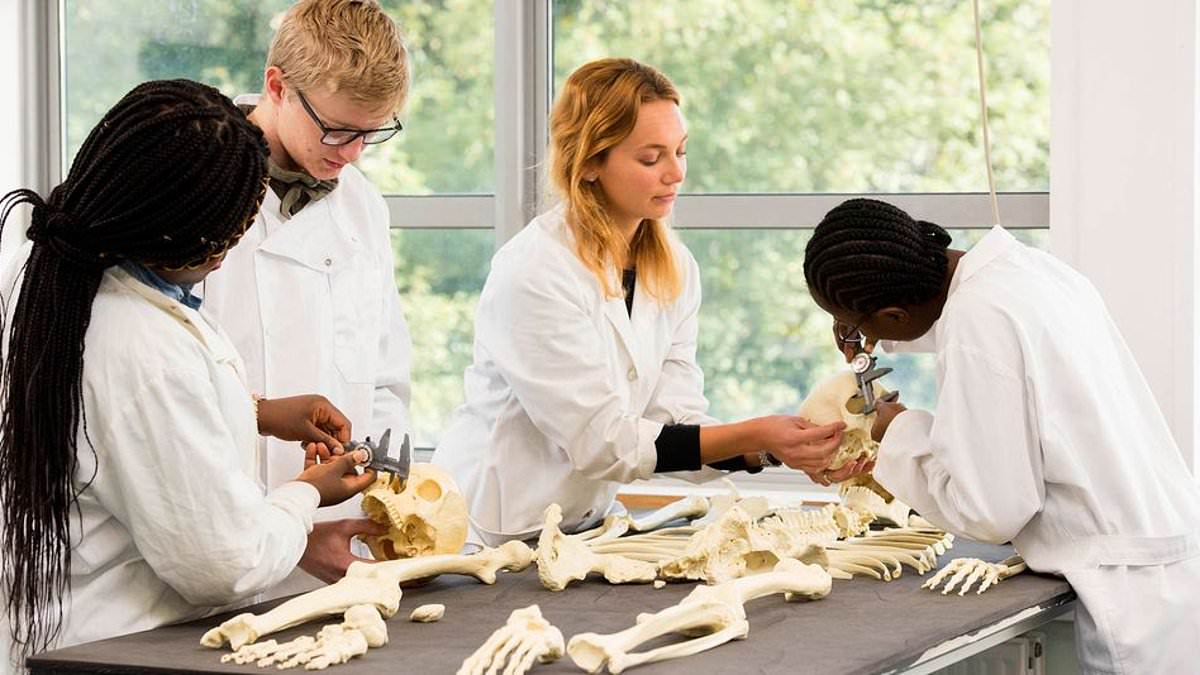Overview
The University of Central Lancashire (UCLan) is one of the most socially inclusive and progressive universities in the UK. Extensive outreach work, contextual offers and well-structured academic and financial support packages help bring higher education within reach of many who would otherwise miss out. It has high ambitions for its near-30,000 undergraduate and postgraduate students, and it is the only non-Russell Group university to have medical schools for both humans and animals, having admitted its first student vets last September. UCLan’s medical school is one of four piloting the new medical doctor degree apprenticeships from this month. The university is headquartered in Preston, with further (and expanding) campuses in Burnley and Westlakes in Cumbria. The latter offers a range of medicine and nursing courses and is home to the National Centre for Remote and Rural Medicine, which trains clinicians in all aspects of medicine relating to rural environments. Virtually all students come from non-selective state schools, and more than half are the first in their immediate family to go to university.
Paying the bills
A package of £5.7m of financial support helps offset the costs of higher education for thousands of students. The most valuable award, which covers the full £46,250 tuition fee over the five years of a medicine degree, is offered to four students – two from East Lancashire and Cumbria, and two from under-represented backgrounds in the North West more widely. Sports scholarships are offered at three levels: gold (up to £5,000), silver (up to £2,000) and bronze (up to £500). Reflective of UCLan’s more mature student intake (more than one third of 2023’s intake were over 21 when they started their courses) is the provision of the dependants bursary worth £500 for students with financially dependent children. The UCLan financial bursaries, meanwhile, are worth £500 in foundation years and the first and second years of a degree, and £750 in the third year. These are paid to all students from households with an annual income of less than £20,000. Last year, more than £1m was also paid out in hardship support to students in need. Preston, where the main campus is located, is one of the cheapest places to live in the country. Student accommodation costs reflect this, with more than 375 rooms available at just £3,570 for 42 weeks. Even the most expensive are priced at £6,258 for the same length of time.
What’s new?
UCLan’s new school of veterinary medicine building will be completed next year, providing a state-of-the-art home for one of the university’s newest areas of academic expertise. It will feature anatomical skills laboratories; simulated clinical facilities including a pharmacy, diagnostic suite and operating theatre; kennels; simulated consultation rooms; and a rehabilitation suite. Development of UCLan’s Burnley campus continues apace, with the conversion of Newtown Mill the latest phase. Due to be operational early next year, this will add around 35,000 sq ft of space for teaching, student socialising and a public and business engagement area. By next September, UCLan expects to have 2,500 degree apprentices enrolled – one of the biggest contingents anywhere. Among the new programmes offered for the first time this month will be a medical doctor apprenticeship. Apprentices will need the same high qualifications required for the more traditional route into medicine, but they will work and earn a salary as trainee medical practitioners during their five-year training – and gain their qualification to practise without five years of tuition fees.
Admissions, teaching and student support
The university offers foundation years on all undergraduate courses to open up access to university to students with non-traditional qualifications or lower grades than would be needed for a three-year degree. It also has a contextual admissions policy that reduces offers by eight Ucas tariff points (equivalent to one grade at A-level) for applicants from disadvantaged areas with low rates of progression to higher education, and those who are care experienced. This discount applies to all courses bar pharmacy, dental therapy, clinical dental technology and the bachelor of dental studies programme. In last September’s intake, 29% of admissions benefited from such offers. The precise proportion of face-to-face teaching students can expect is outlined on course web pages. Achievement coaches, personal tutors and year tutors provide a network of support to all students – and particularly those from backgrounds under-represented in higher education. Support extends into mental health and wellbeing; the university’s inclusive approach is embodied in its student charter, which says: ‘Always share with us when you need help or support and look out for your fellow students as well’. All staff are required to undertake safeguarding essentials training annually, which covers how to support students and refer them to specialised services when necessary. Students recently ranked UCLan third in a league table measuring mental health support, conducted by the mental health charity Humen.
